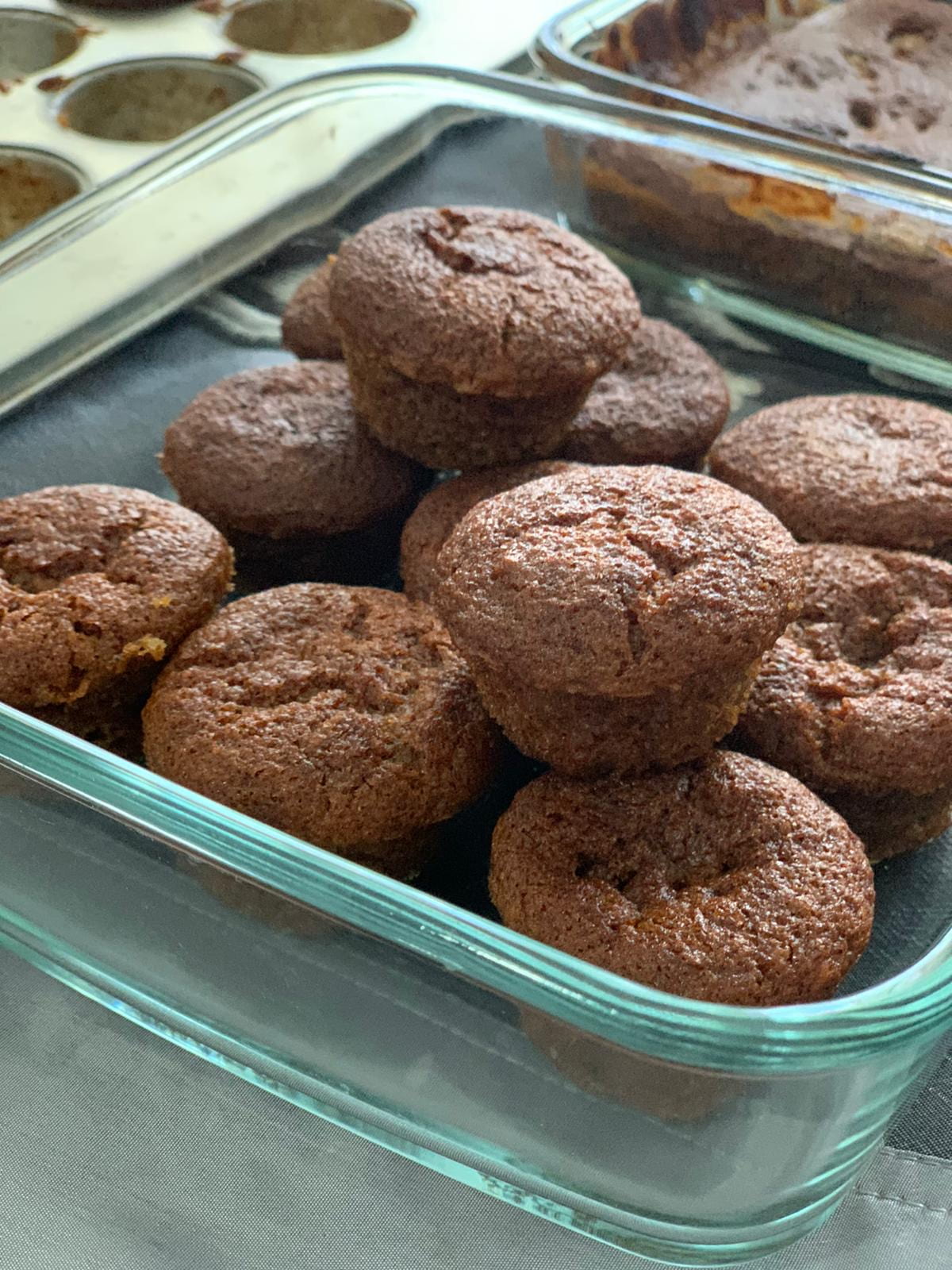Reflection on the ending of Brand New Ancients by Kate Tempest
How does Tempest complicate our feelings towards Brian? (Consider the tone that underlies the way she describes him and reports his thoughts) Ultimately, how do you think she is positioning us to view Brian’s life?
Towards the end of the poem, Tempest showcases Brian’s inner regret and guilt of his past and tries to evoke a sense of sympathy for Brian. When Tempest describes Brian as an ‘old man’ with ‘no family’ who is saddened by the fact that he did not ‘have the guts to love’ people in his life back, we are shown how he is finally admitting to/apologising for his mistakes which makes his seem *a little* more respectable and we understand the feeling of loneliness he faces which draws out sympathies. However, as well as creating more sympathy for Brian, Tempest also describes his physical appearance in an unflattering way that creates a sense of aversion. By portraying him with a ‘big white belly hanging over his trunks’ and a ‘young Thai girl’ by his side, Tempest depicts him in the stereotypical image or trope of ‘the rich old man with a younger girl’ that could be considered ‘shameful’ or ‘disgusting’. Although Brian’s life has transformed and he finally feels the accept the impact of his mistakes, the fact that he is ‘running’ away from his problems to a place where he seems like a better person is off-putting.
How do the references to the gods and Mount Olympus contribute to our understanding of Brian and the human experiences that he represents?
Mount Olympus is the mythical home of 12 Olympian gods in Greek mythology that is shrouded in clouds. When Brian relates Mount Olympus to his current life, we can see how Brian views his life/ parallels. Mount Olympus is a paradise hidden away from society amidst clouds, and Brian’s new life has resemblance to paradise for him as he can be ‘far away from his disgrace and pain’. This could represent the human experience of trying to escape guilt and regret by distancing yourself from judgement.\
Has Brian been socially marginalised?
We can see how Bryan does represent someone who is socially marginalised to some extent because he is “excluded from living a fulfilling and full social life” due to his lower socioeconomic background. The last 5 pages show numerous ways he has limited access to social resources. “His dirty little flat” is mentioned a couple of times, we see how he often drinks (“whisky”), he contributes quite little to society and even acknowledges that “he was a man going nowhere.” All of these factors lead to him feeling like he was living a miserable life. The end is contrasted with how he says, “I’ve lived” as if he was pointing out that he had lived a purposeful and “fulfilling life”, and he seems to have accepted that the past is the past and allows himself to move on. Could we say what he says at this point is incongruent with his actual situation? Throughout this whole last section he is still drinking his whisky, which shows that not much has actually changed as he still turns to the same methods of dealing with his emotions/problems.
Kaila Cristi


